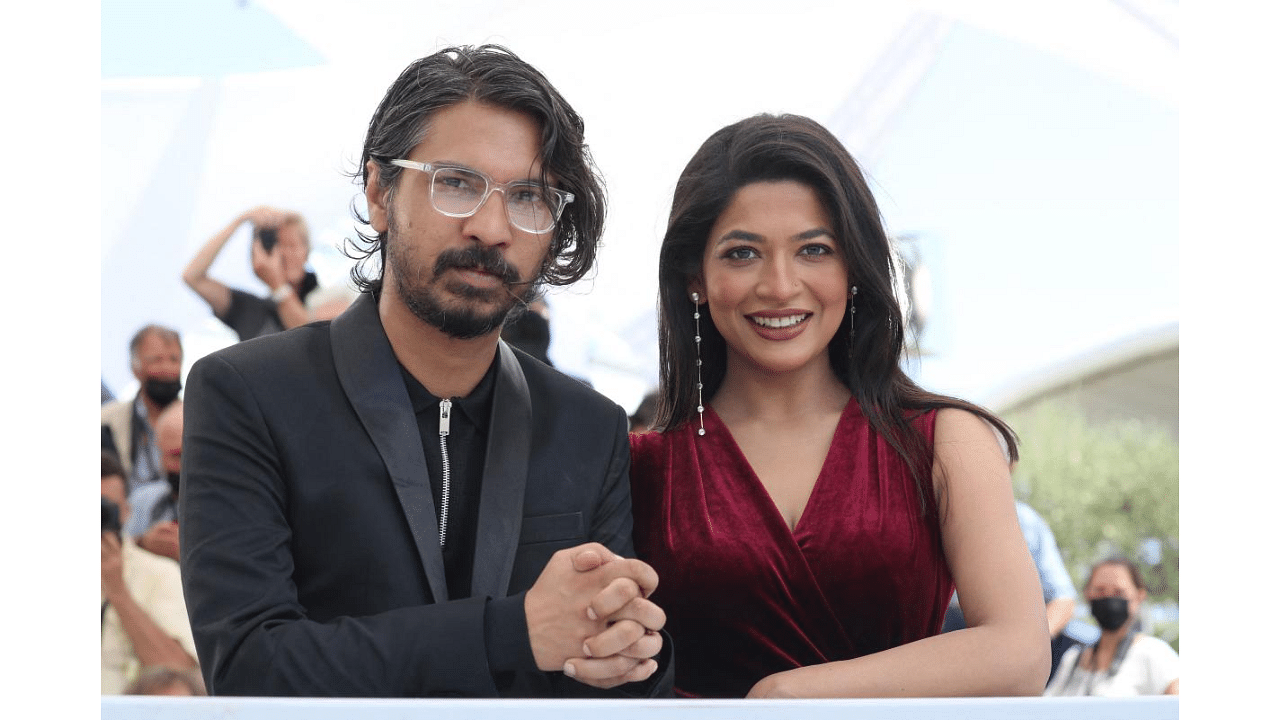
The 74th Cannes Film Festival is inching towards its finale and the much-coveted awards are hours away from being handed out. One filmmaker who is in with a fair chance of springing a surprise is Bangladesh's Abdullah Mohammad Saad, the only South Asian with a title in the competitive Un Certain Regard section.
Saad's sophomore venture, Rehana Maryam Noor, which premiered in early in ongoing festival, made a strong impression. The fate of the 20 films that constitute the section will be decided by a five-member jury headed by English filmmaker Andrea Arnold.
PTI caught up with Saad to talk about his film, the first-ever from Bangladesh to make it to the Cannes Film Festival’s official selection.
“For me, it's a great honour and a huge inspiration,” he says.
The only Bangladeshi film to have been screened in Cannes before Rehana Maryam Noor was Tareque Masud’s Matir Moina, but it was in Directors’ Fortnight in 2002.
The director sees the Cannes slot for Rehana Maryam Noor as a major shot in the arm, as much for him as for Bangladeshi cinema as a whole.
"Making a film requires so much sacrifice. So, when something like this happens, it really helps you to carry on," says the 36-year-old director who debuted in 2016 with the critically-acclaimed Live From Dhaka.
“For my country, it meant a lot. Especially because it's our 50 years of independence. I am sure our filmmakers will keep making brilliant films and we will be regular in the Cannes selection from the next year,” he adds.
How did Saad pack so much power in a film as understated as Rehana Maryam Noor? It's really hard to explain,” he says. “I guess it is because I always prefer to leave space for my audiences to have their own interpretation. I don't try to confirm any particular feelings nor convince them how must they think about my characters.”
Besides Saad, team Rehana Maryam Noor was led on the Cannes red carpet by the film’s lead actor Azmeri Haque Badhon, whose performance as the eponymous character has drawn unstinted praise from critics.
Talking about how he zeroed in on Badhon, Saad says: “During the look test, she was exactly what I had been imagining Rehana to be since the time I started writing the film.”
He adds: “I could feel that she connects with Rehana personally. That's when I became sure of her. She was absolutely committed to this film from day one, opened her heart and soul, and gave it her best.”
Asked about his approach to actors, Saad says: “I try to be specific with my actors and not give them too much information or over-explain an idea. Actors have an innate ability to understand what really a scene requires. I just try to build on that and keep chasing until we hit all the important notes.”
“There wasn't much improvisation,” he continues. “We rehearsed for nine months. Although it's hard to make sudden changes in a tightly knit screenplay, I like to be open while directing on set. If a better approach comes up, I embrace it.”
Did the "Rehana Maryam Noor" idea emerge from real-life experiences? “Yes, it did,” Saad replies. “I write from my personal experiences and things that I have been observing closely in my life.”
On the cinematic influences on him, Saad mentions no specific names. He says: “The idea of wanting to become a filmmaker grew into me very slowly. But later when I started to watch films regularly, I became fond of a lot of filmmakers